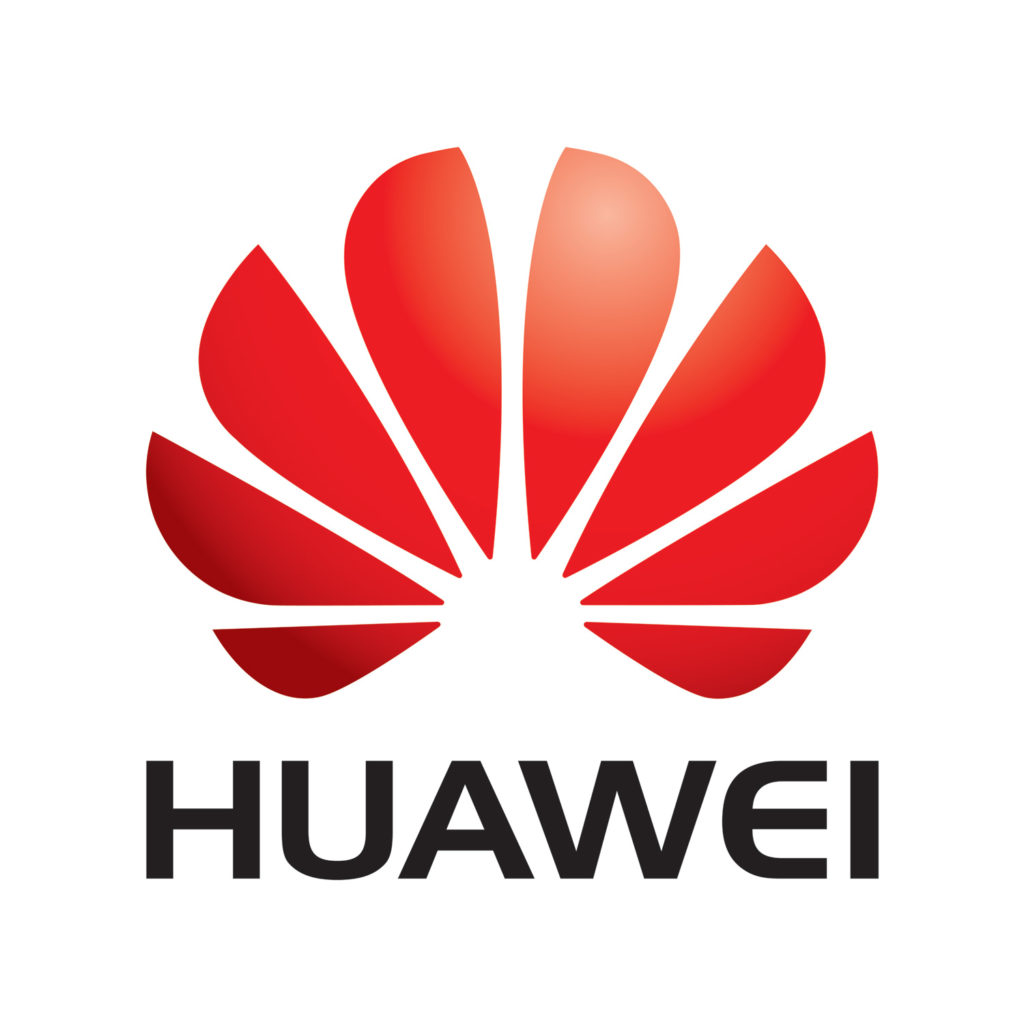UPDATES
Huawei: US Congress, Canada backs Australian government claims that Chinese company is a security risk
October 15, 2012 | Sharyn Mittelman

In March this year the Australian government decided to block Chinese telecommunications company Huawei from bidding on the National Broadband Network (NBN) due to security risks. The Australian Security Intelligence Organisation advised the government that Huawei’s involvement in the NBN could compromise national security due to the rise of cyber hacking by the Chinese Government and the view that Huawei could provide a helping hand to the Chinese government or at least be vulnerable to pressure.
Huawei’s supporters in Australia, many of whom have been wooed by the company, the Chinese government or both, have since tried to argue that this decision was mistaken, and that excluding Huawei would unnecessarily damage Australia’s relationship with China.
AIJAC blogged about this decision at the time, noting that Huawei was also accused in the Wall Street Journal in October 2011 of using its communications technology to enable the Iranian regime to track down local Iranian dissidents during the 2009 Iranian demonstrations. Many of those dissidents were killed or tortured by the regime. Huawei denies the allegations.
Meanwhile, Canada has also followed Australia’s approach by stating its intention to exclude Huawei from helping it build a secure Canadian government communications network, due to security risks. This follows the US Commerce Department’s decision in 2011 to block Huawei from bidding to build a new wireless network.
Now a report by the US Congress on Huawei released on October 8 appears to support Australia and Canada’s security concerns. The Congressional report follows a year long investigation and concluded that “the risks associated with Huawei’s and ZTE’s provision of equipment to US critical infrastructure could undermine core US national-security interests” and recommends that the government block acquisitions by the two and that US companies avoid doing business with them.
The Congressional report also noted the lack of transparency by the companies, it states:
“Despite hours of interviews, extensive and repeated requests, a review of open-source information and open hearing with witness from both companies, the Committee remains unsatisfied with the level of cooperation and candor provided by each company. Neither company was willing to provide sufficient evidence to ameliorate the Committee’s concerns… Huawei in particular, failed to provide thorough information about its corporate structure, history, ownership, operations, financial arrangements, or management.”
An interesting report on US ‘60 minutes’ aired on October 7, which explored many of the security concerns with Huawei, particularly its murky connection with the Chinese government. The following is an extract from the transcript:
“Steve Kroft: If you look at Huawei, it looks like just a big international company with an American face.
Chris Johnson: Yep. And that’s the intent.
Until last spring, Chris Johnson was the CIA’s top analyst on China, and he’s briefed the last three presidents on what’s been happening behind the scenes in Beijing. He tells a different story than Huawei’s Bill Plummer.
Chris Johnson: The problem I think is really it boils down to an issue of will the company take some steps to make themselves, you know, more transparent about their operations, and what their ultimate goal is, especially this relationship with the Chinese government, with the Chinese Communist Party and with the People’s Liberation Army.
Johnson says the military has always played a role in Chinese telecommunications, and that Huawei’s reclusive CEO served as an army major in telecommunications research before he retired and founded Huawei, supposedly with a few thousand dollars in savings and no help from the Chinese government.
Steve Kroft: What could you tell me about the guy that runs this company? Ren?
Chris Johnson: Ren Zhengfei, yeah. He’s a very mysterious figure. And, you know, there really isn’t that much known about him.
Steve Kroft: Has he ever given an interview?
Chris Johnson: Not that I’m aware of. Of course it does generate these concerns about why he won’t give an interview and why he won’t say something about his role in the company and his philosophy of how the company operates.
Unlike Western companies that are usually regulated and scrutinized, about the only entity privy to the inner-workings of Huawei is a Communist Party Committee, which has offices inside the company’s headquarters.Chris Johnson: You know, at the end of the day, the Communist Party controls the entire economy. They ultimately decide who the winners and losers are. The ultimate leverage that they have over these type of companies is that they can, you know, launch a corruption investigation against the chairman, for example.
Steve Kroft: If the Chinese government told Huawei that they wanted them to spy on the U.S. telecommunication system, and extract information, could Huawei say no?
Chris Johnson: It’d be very difficult for them, given the nature of their system.
Jim Lewis: Here, companies are used to, you know, throwing their weight around and telling the government what to do. In China, a company is a Chia pet. The state tells them what to do, and they do it…”
Sharyn Mittelman
Tags: Australasia





